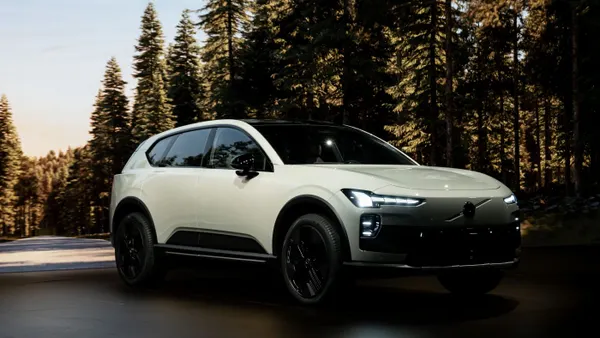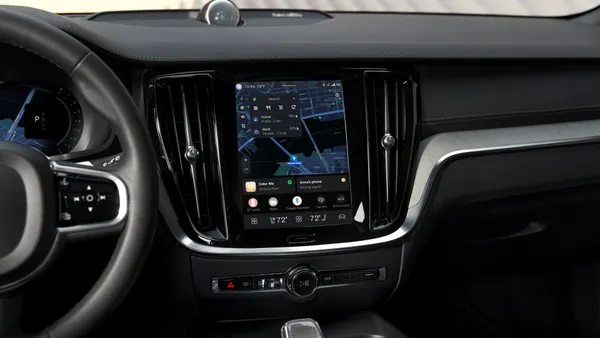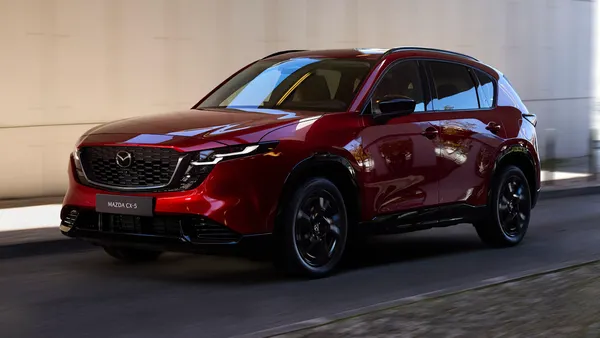Editor's note: This story is part of the WardsAuto digital archive, which may include content that was first published in print, or in different web layouts.
MADRID – Opel and Renault separately announce they will renew their Vivaro and Trafic light-commercial-vehicle ranges at the end of next summer.
For Renault, it will be the third generation of the Trafic range, a product launched in 1980 as the replacement for the Estafette van. Since then, the French brand has sold more than 1.6 million Trafic models.
In 2001, Opel/Vauxhall reached an agreement with Renault to assemble a Trafic clone named Vivaro. Since then, about 600,000 units of the Vivaro with Opel and Vauxhall badges have been assembled, and this latest renewal will be a second-generation Vivaro.
That Opel/Vauxhall-Renault agreement was joined by Nissan, adding another clone, the Primastar. The three models initially were produced in Luton, U.K. Some years later, Renault and Nissan moved Primastar and Trafic assembly to a Nissan industrial site near the Barcelona harbor.
Nissan has not announced when it will launch its second Primastar generation, but normally the Japanese product arrives to the market after its Opel/Vauxhall and Renault siblings.
In fact, during the last quarter of 2013, the Japanese automaker added a night shift and hired 308 people for a 3-month period at Barcelona to meet strong demand for Primastar and Trafic models.
Initially, increased production of the current-generation Primastar and Trafic at Barcelona should not affect the production plans for the newly announced models as, in a cost-cutting move, Renault and Nissan have agreed to produce the new versions at a Renault plant in Sandouville, France.
Although Renault has pressured Opel/Vauxhall to move Vivaro output to Sandouville as well, the General Motors brands have remained steadfast in their desire to keep production at the Luton site for at least another decade.
With the launch of the new products, assembly of Renault LCVs will be distributed among French sites as follows: Kangoo in Maubeuge, Master in Batilly and Trafic with the future Nissan Primastar in Sandouville.
The Renault Master has its corresponding clones in the Opel/Vauxhall Movano and Nissan NV400, formerly the Nissan Inerstar.
The upcoming next-generation Vivaro and Trafic will be powered by two Renault-developed diesel engines: a 1.6L CDTI and a 1.6L BiTurbo CDTI featuring two serial turbochargers and double refrigeration system. Renault engineers claim it increases fuel efficiency to more than 39 mpg (6.0 L/100 km).
Both LCVs will offer choices of length, 197 or 205 ins. (5,000 or 5,200 mm); two roof heights; and body (panel van, kombi, platform, double cab and minibus). The vehicles will come in 11 standard colors, five solid and six double-layer metallic. Special colors dedicated to specific model applications will be available.
Overall, the three brands will offer 270 variants of their new products.









